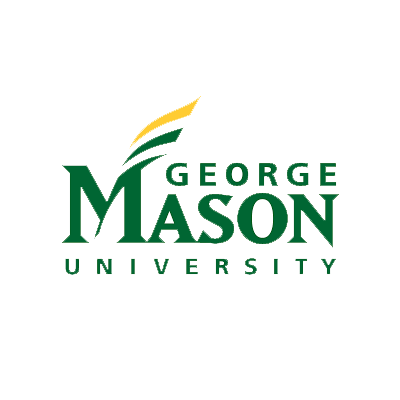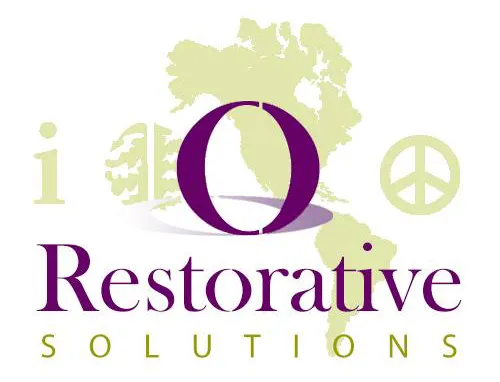
For those of you who weren’t able to attend the International Conflict Resolution in Education conference that took place at George Mason University in mid-June, here is a short report on what stood out for me. It was an amazing gathering of conflict resolution and restorative justice practitioners and students and offered many cutting edge ideas for and reports from the field.
- There is huge momentum for restorative practices in schools. It shows up as a best practice in the recently released US Department of Education “Dear Colleague” letter and “The School Discipline Consensus Report”. The Dear Colleague letter first refers to conflict resolution and then restorative practices. The other refers to PBIS first then RP.
- People use a variety of terms to describe restorative justice in schools and there isn’t consensus on what gets used when: restorative practices, restorative discipline, restorative justice in education (RJE), restorative interventions, restorative measures, etc. What does seem needed is for people to define terms so we all know what we’re talking about.
- A few schools continue to use peer mediation, conflict resolution and restorative practices and Montgomery County Public Schools in Maryland is the leader.
- The group Dignity in Schools wrote a “Model Code on Education and Dignity” that schools can use when re-writing their school policies and codes and there is a whole section on restorative practices. It’s excellent.
- My co-presenter, Nancy Riestenberg with the Minnesota Department of Education, is truly one of the leaders in the field of “RJE” and offered sage advice from years of training and writing. She spoke, in part, about how brain science and trauma reactions are important elements for our work.
- One workshop was on “Unitive Justice” as opposed to Punitive Justice and focused on the need to claim moral ground and avoid labels such as offender and victim. They prefer the terms “author of the harm” and “person who was harmed”. They feel the field of restorative justice is being watered down and co-opted by the punitive justice system.
- Martha Brown, a graduate student from Florida Atlantic University, gave a fabulous talk about the School to Prison Pipeline. She’s a great resource (and a new friend). She also gave a workshop on curriculum integration and RJE (her term).
- I also learned about the San Francisco Unified School District’s efforts which are, to some extent, a model for the country: http://www.healthiersf.org/RestorativePractices/ Very rich website with clear information and materials.
There was certainly much more at the conference, but these were some of the highlights for me. And, many of the materials and power point presentations from the conference will be posted on the CREducation.org website sometime in August. Check them out.
(Written by Randy Compton, Principal)
